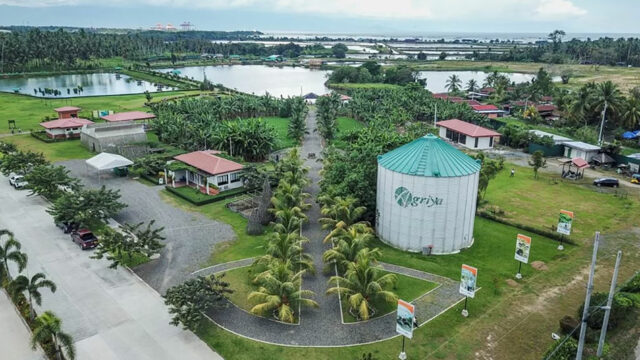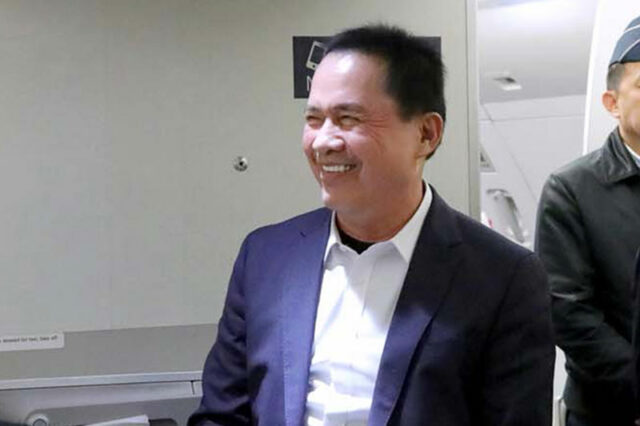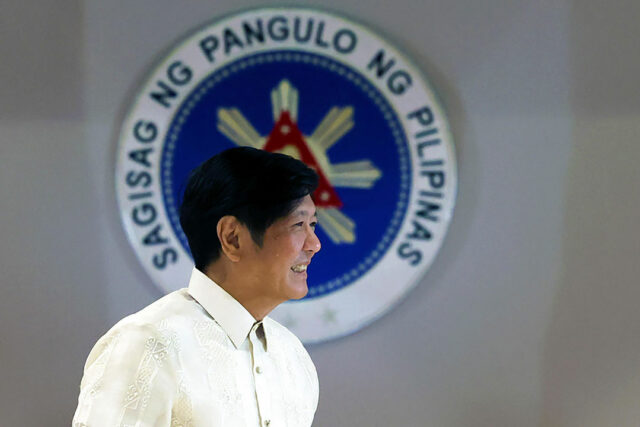FNG’s Yume at Riverpark in Cavite seen completed by May 2026
FEDERAL Land NRE Global, Inc. (FNG), a joint venture between local real estate developer Federal Land, Inc. and Japanese real estate firm Nomura Real Estate Development Co., said it has started construction on its residential project Yume at Riverpark in Cavite.
Yume is an 18-hectare horizontal residential project located within the 600-hectare Riverpark township in General Trias, Cavite.
FNG began construction after breaking ground on Aug. 27 and expects to complete the project by May 2026, William Thomas F. Mirasol, president and chief operating officer of Federal Land, the property arm of GT Capital Holdings, Inc., told BusinessWorld in an e-mail last week.
The price for a unit in Yume ranges from P15.9 million to P32 million, depending on the specific features and size of the unit.
It will have 296 lots spanning from 300 to 527 square meters (sq.m.).
“This landmark project marks FNG’s first venture into horizontal residential developments, combining the innovative design philosophies of Filipino and Japanese architects,” FNG said.
The company said Yume aims to be a Japanese-inspired neighborhood designed for families to start, grow, and thrive.
Its amenities include a clubhouse, lounge, function room, multipurpose hall, and wellness spa, which has a jacuzzi and sauna.
For outdoor amenities, residents will have access to a swimming pool, six pocket parks, kids’ central, outdoor fitness area that has jogging paths and a fitness station, multi-purpose court, open lawn, and a Japanese garden.
Mr. Mirasol said Riverpark is poised to be the “Next Gen City of the South” and is strategically located, ensuring convenience and ease for future residents and visitors alike.
“Not only is Yume at Riverpark a residential community that will have retail options, parks, sports areas, and even a school within the next-gen city, but it is also well-connected to Metro Manila thanks to major infrastructure projects such as the Daang-Hari Extension and Cavite-Laguna Expressway,” he said.
Residents will also have access to Muntinlupa-Cavite Expressway, Manila-Cavite Expressway, and Parañaque Integrated Terminal Exchange.
Central business districts such as Makati are 36 kilometers (about 22.37 miles [mi]) away from the property, Bonifacio Global City is 38 kilometers (about 23.61 mi), while Ortigas is 40 kilometers (about 24.85 mi).
Yume also has proximity to some essential facilities such as the Divine Grace Medical Center, The District Mall, SM Rosario, Vermosa Sports Hub, St. Francis of Assisi Parish, St. Edward School, and De La Salle Santiago Zobel Vermosa. — Aubrey Rose A. Inosante



















